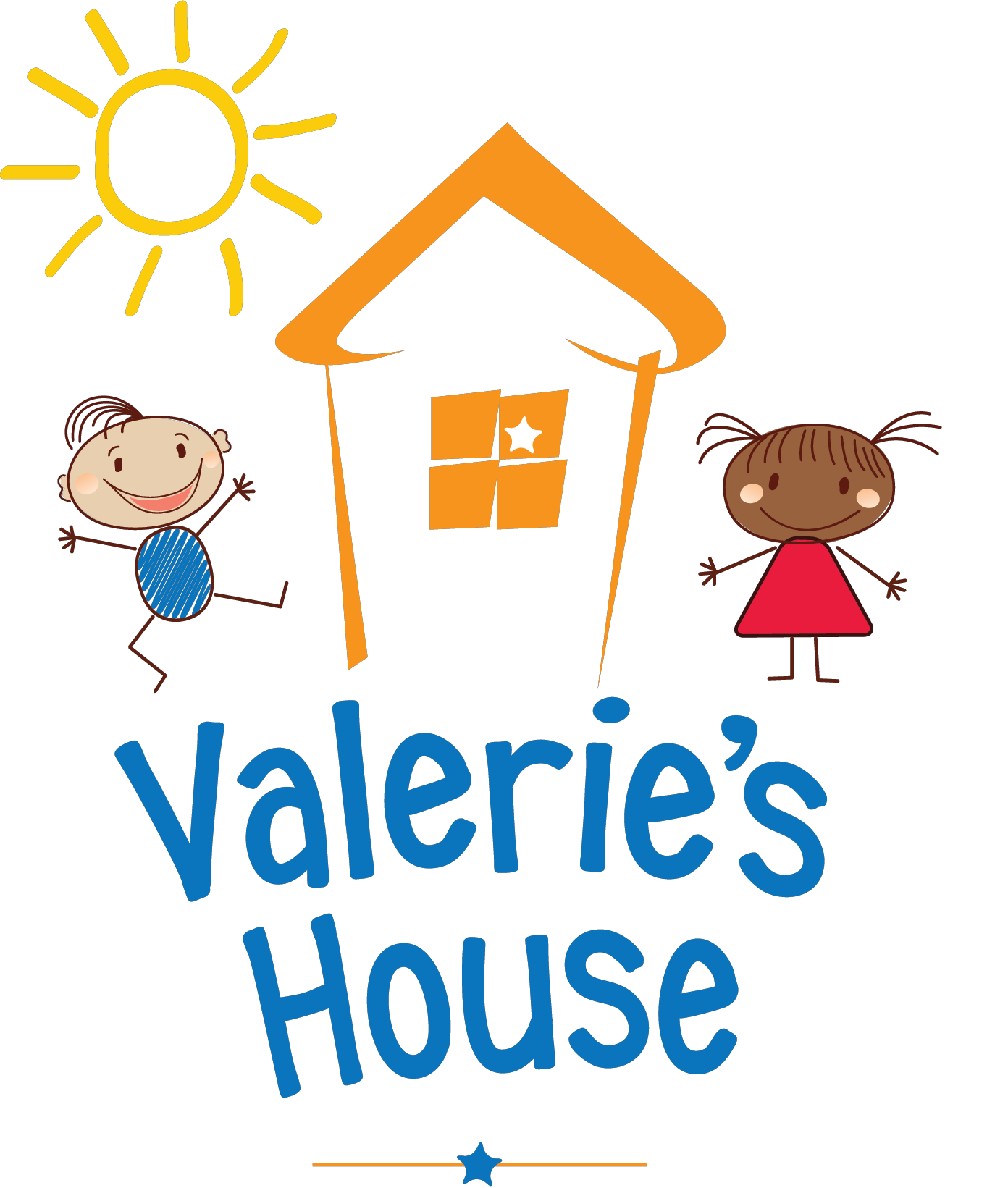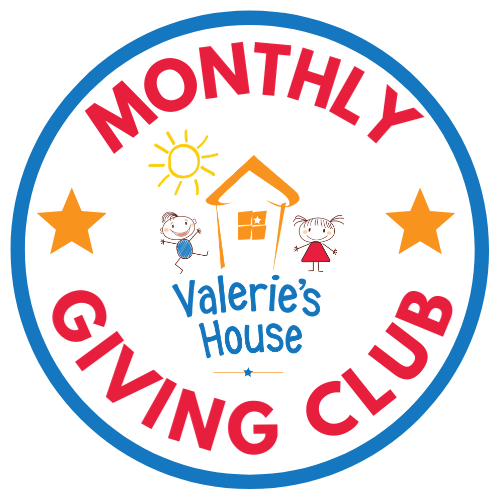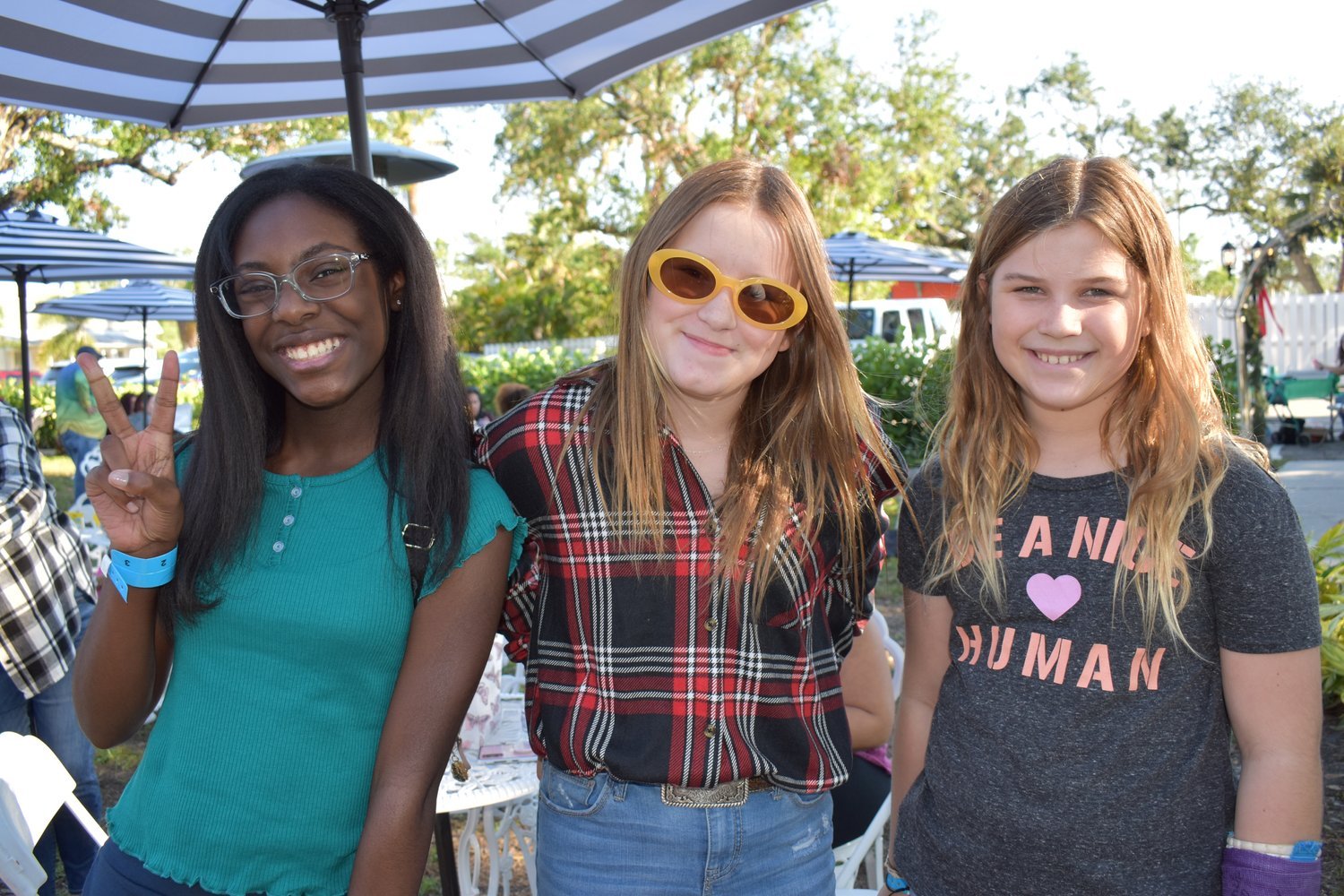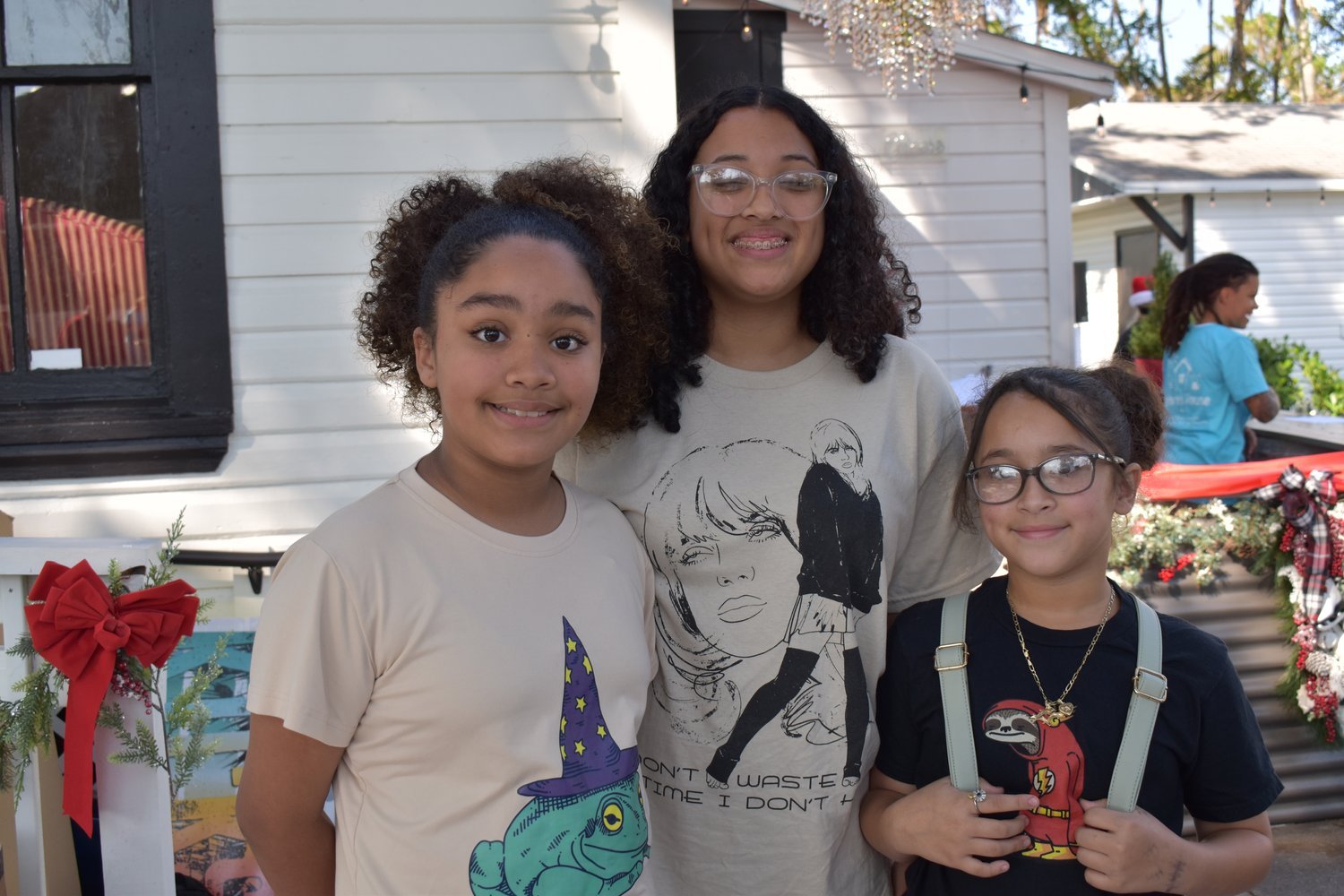Time Alone With Our Children
/Shaun Kastelic, RPT-S, NCC, M.A.
Grief Therapist
shaun.kastelic@valerieshouse.org
Before my dad passed away, I would hope and look for those moments (rare at times) when I actually got to spend time with my dad. Just him and me… no bratty brother stealing his attention from me. It was just he and I. It was the same experience with my mom. Time was so awesome when It was just she and I. There was nothing that would make me feel more like I belonged. I felt a strong sense of worth; It was as if love and appreciation were pouring out of them into me, as I had one-to-one time with my parent, it was, seriously, as if nothing else mattered in the whole world to them but me, And simultaneously they instilled in me that they loved me and appreciated me, just for me being me! Whether it was throwing the football back and forth, playing catch with a baseball, going to the creek to catch frogs, lizards and dragonflies, it was just the two of us.
Today we are so busy being pulled to so many different priorities… Soccer… Ballet… Gymnastics… Basketball…track…boxing. We are caught up in this “do as many things as possible” lifestyle that time becomes the “we’ve got to catch up” mindset. Our children take on this mindset as well. Many times “so much stuff is too much stuff” for them physically and emotionally. This busyness easily leads to their need and drive to find solace from their busyness and forget their grief. Forgetting their grief doesn’t heal, it just temporarily puts off the healing. Such attention-grabbing things as Video games or YouTube channels does it quite well. Over-stimulation helps them to turn their overwhelmed feelings and memories off and just do something to relax and calm down. In a sense it is their “drug of choice”. But believe it or not with all the yelling and shooting, superpowers and magical abilities, there is a real sense of empowerment. The super abilities and magic that their “characters” acquire in their video games give them a false sense of strength to overcome their real life struggles of loss and big emotions. For them it is not real. What is real for them is the time these games give them to occupy their thoughts and escape their hurt feelings and emotions. It becomes a poor substitute for time with their existing living caregiver..
There are many studies which show the emotional healing that occurs in a child when they spend more time with a positive encouraging adult. Yep…many studies…well over 100! Positive time with a caring adult builds a child self-confidence, lowers blood pressure, teaches self-regulation of emotions, and builds resilience, which is strength to overcome the next situation that rocks their world.
Ok, so what kind of time are we talking about? The kind of time that makes the child feel like he or she is the most important person in the world to the caregiver, is one to one time. Unfortunately playing video games together doesn’t count! When a dad takes his young daughter on a “date”, maybe to dinner, or to a movie, and gives her 100% attention, this is so emotionally calming for her. Later on she will remember how her dad treated her and she will have a great example of the way her date should treat her. When a mom takes her son to dinner, or to the movies, or to play a game of basketball, this is emotionally calming for him.
Later he will remember how respectfully she treated him. Maybe listening to music, and asking her son or daughter about the music they like, and why they like it. Is it because of the lyrics, or is it the beat? Is it because the singer had a tough upbringing and overcame obstacles your child sees as relatable?
Whatever you choose to do with your child, give them 100% of your positive non-teaching attention. It is easy for caregivers to struggle during these times to correct them, or belittle them, or even teach them rules and guidelines and lessons in life, and….well you get the picture don’t you? Model for them what you would like them to learn from you. Being with them simply to enjoy them and time with them, just as they are is the best way to build their self-esteem, help them to self-regulate their emotions, and heal their grief.
When a caregiver dies, the other caregiver many times feels they become a double-duty parent. But what is really going on is the attachment of the caregiver to their child changes. The relationship between the caregiver and the child changes, as does the child’s relationship to the caregiver. It should deepen in trust, in openness, in reliability, in certain types of transparency, and many other important facets. This change should take place in both the caregiver and the child towards each other. The more time the caregiver and child spend one to one time together, the stronger the attachment grows between each for the other and within the child .
Here are some practical ideas of how to spend time one to one time together:
A dinner or lunch date.
Go out to the movies.
A sports event.
A bike ride together to the park and/or to get lunch/ice cream.
A walk to a favorite place for your child.
Building something together (but allowing your child to lead and teach you).
And the conversations during these times can be their perspective on every thing
from music to social issues, to their friends, and the why’s of their choices. Try to keep in mind this simple guideline: If you are facing your child most of the time, they are healing and getting stronger.
If you find this blog helpful, I would welcome you to write back and let me know what worked for you and your child, and how it worked! Thanks!
Shaun Kastelic, RPT-S, NCC, M.A. Grief Therapist shaun.kastelic@valerieshouse.org


















